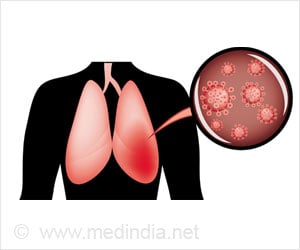ultrasound is the best method to detect breast cancers in pregnant women and also assess the effectiveness of chemotherapy
A new study appearing in the April issue of Radiology says that ultrasound is the best method to detect breast cancers in pregnant women and also assess the effectiveness of chemotherapy. Researchers at the M. D. Anderson Cancer Center in Houston have just finished a study where they examined the largest group of women who had been diagnosed as well as treated for breast cancer during pregnancy.
"Ultrasound identified 100 percent of cancers in our study, and mammography demonstrated 90 percent," commented Wei T. Yang, M.D., chief investigator of the study and associate professor of diagnostic radiology at the M. D. Anderson Cancer Center, Breast Imaging Section. "We want young women to know that symptomatic breast cancer that occurs during pregnancy can be imaged, diagnosed and treated while pregnant, so they should not wait to seek medical attention if they start to have suspicious symptoms." The problem with detecting breast cancer in pregnancy is compounded by the firmness of the breast due to lactation and other hormonal changes, which make it hard to find any abnormal masses. Even if detected the need for emergency treatment measures could have adverse effects on the developing fetus. In the current study, 23 women were diagnosed with 24 breast cancers. Out of these 17 tumors were diagnosed with the combination of ultrasound and mammography, 4 with ultrasound alone and three with mammography alone. Ultrasound also detected the spread of the cancer in 15 of the 18 women with the condition. Majority of the cancers were invasive ductal carcinoma and 60 percent women had stage III cancer, while 30 percent had stage II. "Not only can imaging help stage these cancers by assessing the lymph nodes in women who are candidates for chemotherapy, but it can also be used as a tool to assess response to chemotherapy, to determine if the treatment is effective or if a different treatment approach is necessary," Dr Yang said. Contact: Heather Babiar hbabiar@rsna.org 630-590-7762 Radiological Society of North America Source: Eurekalert










